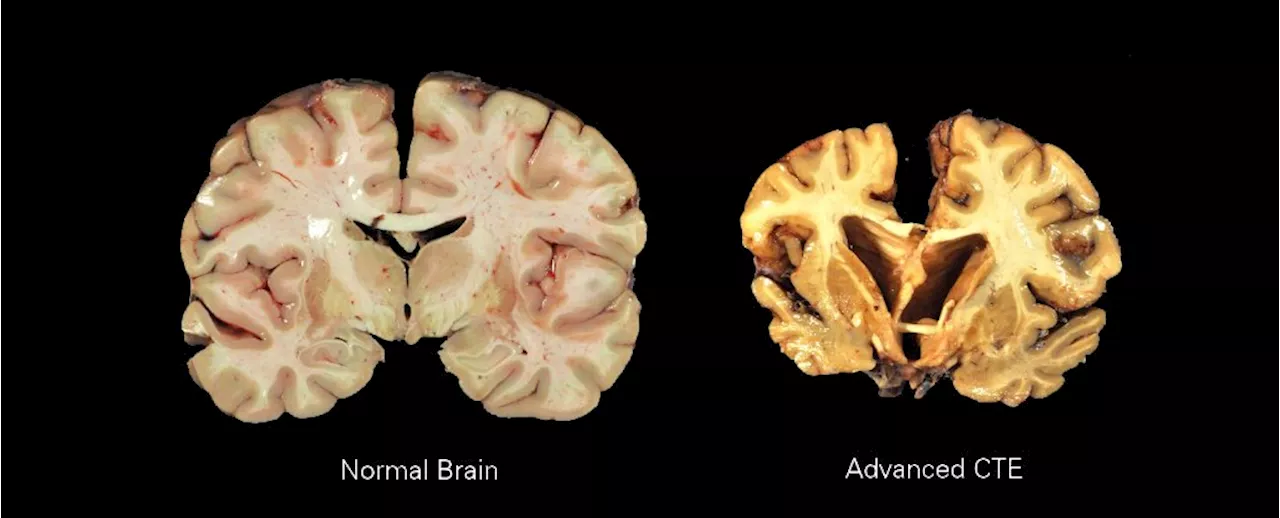A recent study in mice suggests that our brains rely on two separate pathways, one from the gut and the other from cells in the mouth, to regulate our sense of fullness and satiety. The findings could aid in the development of anti-obesity drugs.
Our mouths might help keep our hunger in check. A recent study found evidence in mice that our brains rely on two separate pathways to regulate our sense of fullness and satiety—one originating from the gut and the other from cells in the mouth that let us perceive taste. The findings could help scientists better understand and develop anti-obesity drugs , the study authors say. The experiment was conducted by researchers at the University of California San Francisco.
They were hoping to definitively answer one of the most important and basic questions about our physiology: What actually makes us want to stop eating? It’s long been known that the brainstem—the bottom part of the brain that controls many subconscious body functions—also helps govern fullness. The current theory is that neurons in the brainstem respond to signals from the stomach and gut as we’re eating a meal, which then trigger that feeling of having had enoug
Study Mice Brain Pathways Fullness Satiety Gut Mouth Taste Anti-Obesity Drugs
United States Latest News, United States Headlines
Similar News:You can also read news stories similar to this one that we have collected from other news sources.
 Study suggests smells are processed as separate signals in the brainA new study conducted with hospital patients suggests that smells flowing through each nostril are processed as two separate signals in the brain, which may have some advantages. The research could improve our understanding of the neuroscience of smell.
Study suggests smells are processed as separate signals in the brainA new study conducted with hospital patients suggests that smells flowing through each nostril are processed as two separate signals in the brain, which may have some advantages. The research could improve our understanding of the neuroscience of smell.
Read more »
 Alarming Study Finds Risk of Brain Disease Rises Every Year You Play RugbyThe Best in Science News and Amazing Breakthroughs
Alarming Study Finds Risk of Brain Disease Rises Every Year You Play RugbyThe Best in Science News and Amazing Breakthroughs
Read more »
 This is why you're fat — study finds possible major root cause of obesityThis is why you’re fat — study finds possible major root cause of obesity
This is why you're fat — study finds possible major root cause of obesityThis is why you’re fat — study finds possible major root cause of obesity
Read more »
 fMRI study finds correlated shifts in brain connectivity associated with overthinking in adolescentsA new study substantiates previous groundbreaking research that rumination (overthinking) can be reduced through an intervention called Rumination-focused Cognitive Behavioral Therapy (RF-CBT). In addition, the use of fMRI technology allowed researchers to observe correlated shifts in the brain connectivity associated with overthinking.
fMRI study finds correlated shifts in brain connectivity associated with overthinking in adolescentsA new study substantiates previous groundbreaking research that rumination (overthinking) can be reduced through an intervention called Rumination-focused Cognitive Behavioral Therapy (RF-CBT). In addition, the use of fMRI technology allowed researchers to observe correlated shifts in the brain connectivity associated with overthinking.
Read more »
 Brazil child cancer deaths linked to soy farming, study findsBrazil child cancer deaths linked to soy farming, study finds
Brazil child cancer deaths linked to soy farming, study findsBrazil child cancer deaths linked to soy farming, study finds
Read more »
